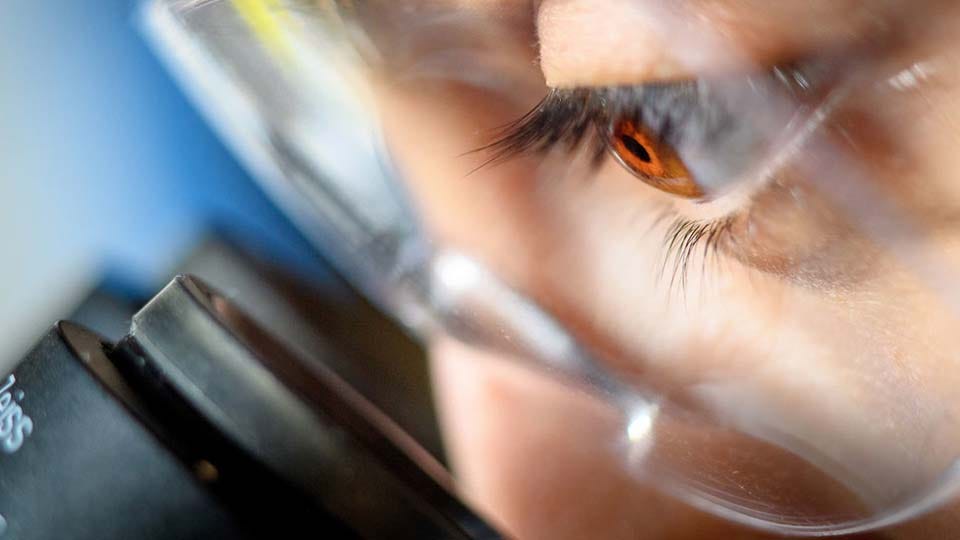ND Researcher Developing More Accurate Virus Testing
 (image courtesy: University of Notre Dame/Matt Cashore)
(image courtesy: University of Notre Dame/Matt Cashore)
Subscriber Benefit
As a subscriber you can listen to articles at work, in the car, or while you work out. Subscribe NowAs testing for the coronavirus continues throughout the United States, researchers at the University of Notre Dame have been closely watching results, particularly reported rates of false negatives.
“It is very concerning,” said Hsueh-Chia Chang, a professor of chemical and biomolecular engineering.
According to the Radiological Society of North America, a reported 40%-70% percent of coronavirus tests from throat swab samples returned false negatives at the onset of the epidemic.
Given the highly infectious nature of this particular coronavirus, individuals receiving false-negative results — told they do not carry the virus when in fact they do — could continue to infect others.
“In an overcrowded hospital, where there is only room to quarantine the COVID-19 carriers, false negatives would mean some carriers can continue to infect other patients and healthcare workers,” said Chang.
His research team is developing a new diagnostic test that is more sensitive to a smaller number of coronavirus viral particles in a sample.
“Our technology achieves higher yield in retaining the virus. It extracts the target virus with higher yield and purity than current technology,” said Chang.
Notre Dame has suspended laboratory research operations across campus except for coronavirus-related research. Chang’s lab is one that received approval to remain operational.
The university says researchers in the lab are not working with samples that contain the coronavirus. They are testing on a similar, but safer virus.
If Chang receives additional grant funding for his research, he intends to work with labs approved by the Centers for Disease Control to continue his work on actual samples containing the coronavirus.
Chang says his work won’t help with the current pandemic, but he hopes it’s ready for future outbreaks of similar diseases or viruses.
